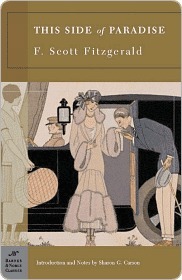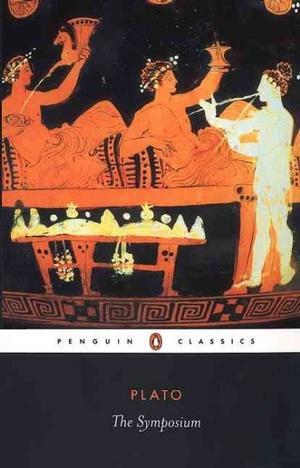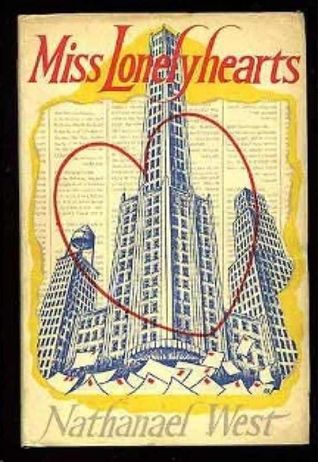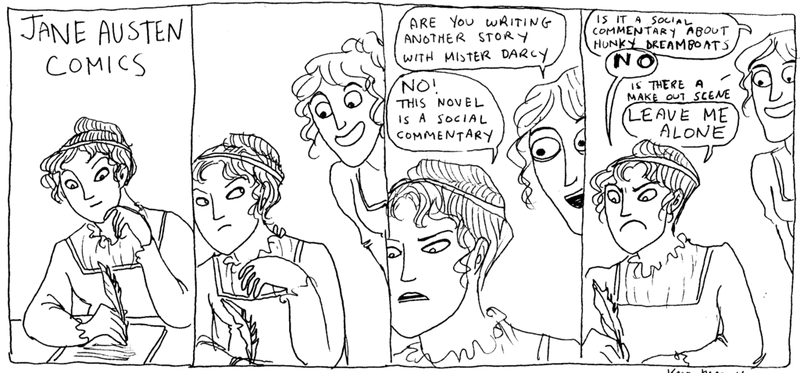
It was last month when I heard on the radio of the death of 95-year old Stephane Hessel. A Frenchman, he had several accomplishments to his credit: he worked for the French Resistance during the WWII and he was an observer to the Universal Declaration of Human Rights. The most remarkable, however, was that at age 93 he wrote a little booklet entitled "Indignez-vous!" (be outraged!).
Why did he bother? Because, as I listened to a radio interview he had given, he was astounded to find that, after all his generation had been through (and that was not little), he was witnessing the decay of a society that did not look to make the best possible for its citizens and the future generations.
Just like he had done with the Resistance, or with the UN - people saw the opportunity to set some groundsteps towards a better tomorrow. At 93 then, Stephane Hessel came to realise that society not only did not do anything towards a better tomorrow, society really didn't care what we thought of it. And that got me thinking: society nowadays, let's face it, is at an all-time low. We keep to ourselves, we step over other people's bodies to get to what we want, we walk past people in distress trying not to catch a glimpse of them, we can even kill people for as little as EUR 50!
Where is this feeling of belonging to a community gone? why have we reached a point of accepting all this and simply say "well, this is how things are now, we can't change anything...". No, said Hessel, we shouldn't accept this degradation in human relations! If anything, we should always look to the past and see what what we can learn to avoid similar situations - we should always aspire to a society full of hope for us, for those we care and for those who do not have:
"a society we can be proud of: not the society of illegal immigrants, of expulsions, the constant suspicions against immigrants, not the society where there is injustice against the retired and their proper right to social security, not the society where media are in the hands of a few..."
Hessel makes a point for the ever growing gap between the rich and the poor and he calls for measures to protect the environment and the welfare system. A society which does not care for its members is destined to collapse...
In 2011, one of the names given to the Spanish protests against corruption and bipartisan politics was Los Indignados (The Outraged), taken from the title of the book's translation there (¡Indignaos!). These protests, in conjunction with the Arab Spring, later helped to inspire other protests in many countries, including Occupy Wall Street which began in New York's financial district (Wikipedia)
Hessel says nothing new. But the mere fact that a 93-year old has not given up but instead is full of passion about fundamental rights should be used as an inspiration for us to move from our comfortable, idle seats and not passively accept changes to our detriment. We should engage in a viable environment, with welfare that provides a cushion to those in need, and a stable society that encourages people to work towards a better tomorrow.
 Having read The Great Gatsby and fallen in love with Fitzgerlad's story-telling, I couldn't help but wonder whether this was a one-off experience.
Having read The Great Gatsby and fallen in love with Fitzgerlad's story-telling, I couldn't help but wonder whether this was a one-off experience. 









